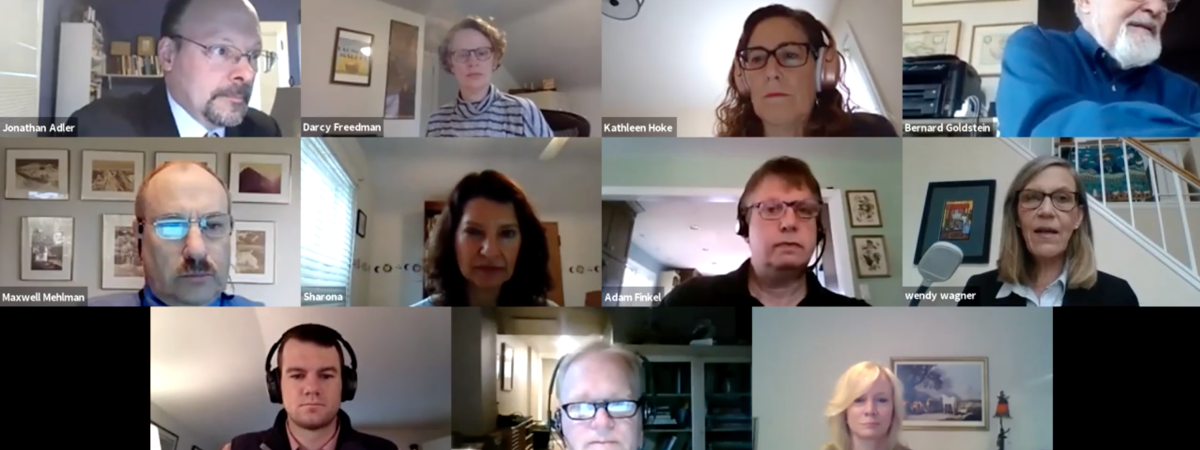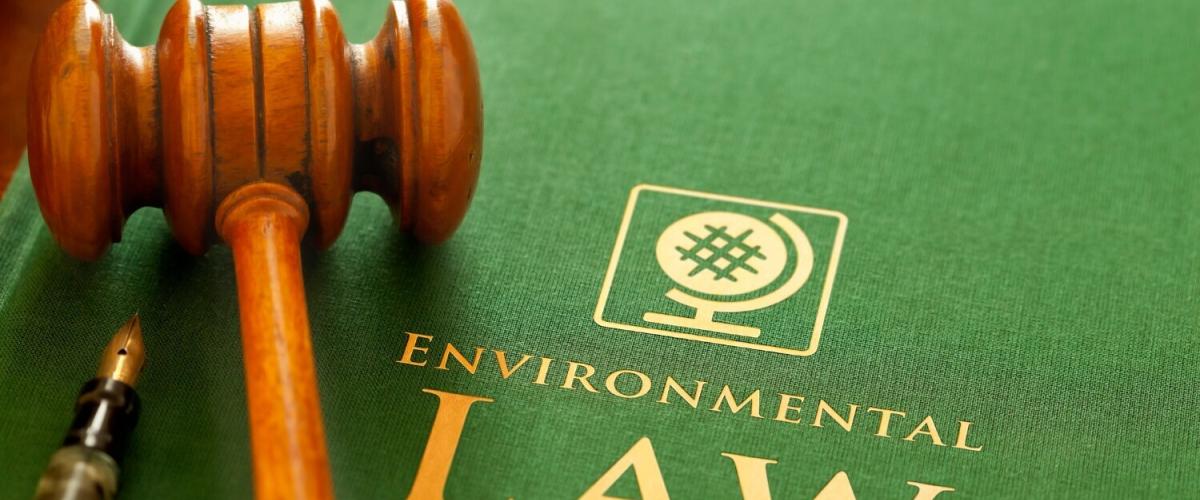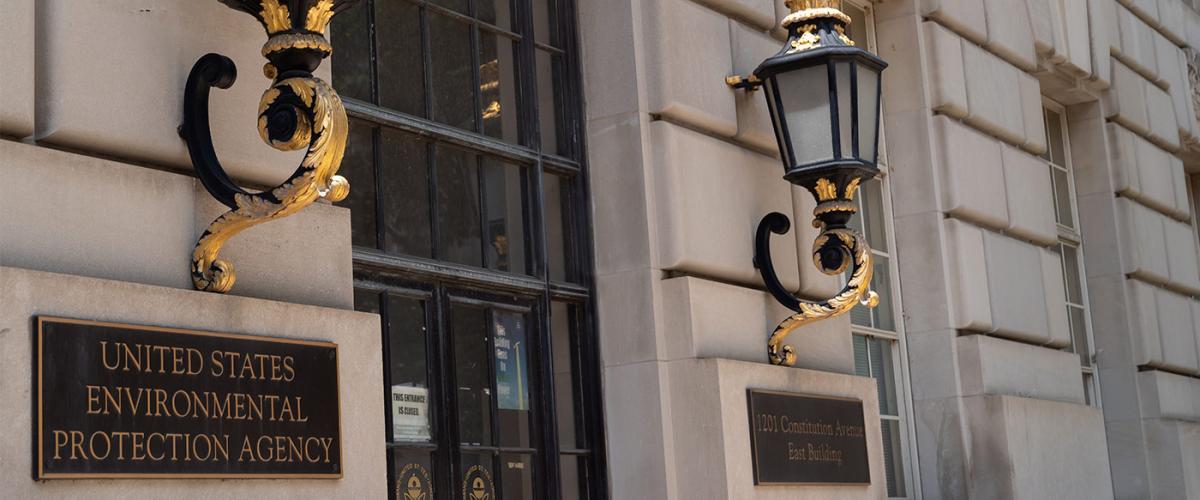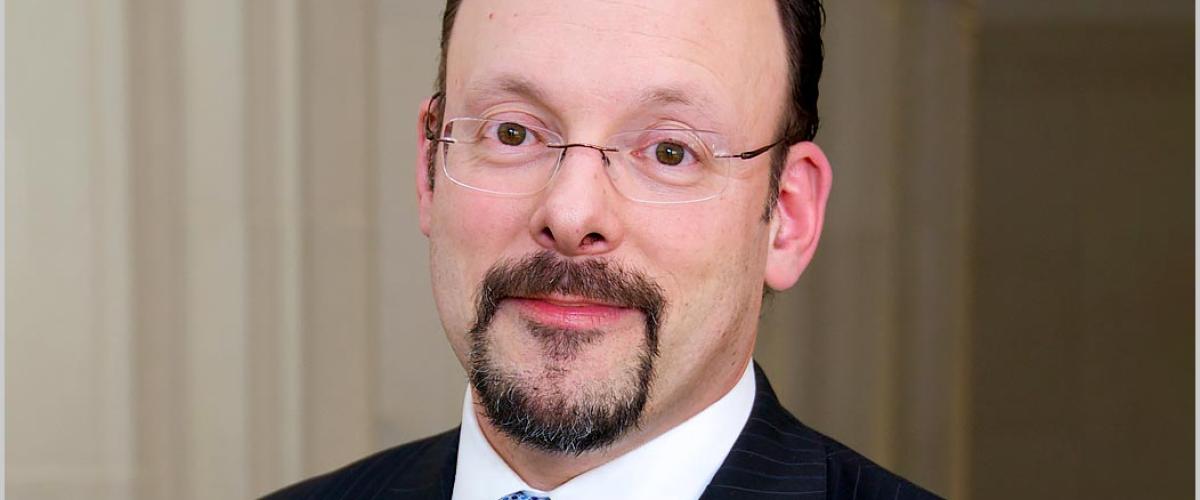On March 27, the Law-Medicine Center hosted its annual conference, “Environmental Health and the Law,” co-sponsored by the Coleman P. Burke Center for Environmental Law and the Mary Ann Swetland Center for Environmental Health.
The interdisciplinary conference examined the effectiveness of 50 years of environmental law in addressing persistent environmental threats to human health, the ability of regulatory structures and institutions to safeguard human health from environmental threats and what new approaches are necessary to ensure that all Americans have the opportunity to live in safe and healthy communities.
While our events typically bring experts from around the country to Cleveland to participate in a day-long examination of critical topics, this year was different. With extensive restrictions in place to prevent the spread of COVID-19, gathering in person was not possible.
Instead, the conference took place virtually and featured notable experts in environmental law, public health and other fields. Janet McCabe, former assistant administrator for the EPA’s Office of Air and Radiation; Montrece Ransom, Public Health Law Training and Workforce Development at the Center for Disease Control; and Darcy Freedman, director of the CWRU Department of Population and Quantitative Health Sciences in the School of Medicine’s Mary Ann Swetland Center for Environmental Health.
“We think it is important to continue our work as much as possible, despite the day-to-day disruption everyone is experiencing right now,” said Professor Sharona Hoffman, co-director of the Law-Medicine Center. “We had the technical capability and 15 experts ready to go, so moving the conference to a virtual space was the best solution.”
The conference was divided into four topics: Setting Health Protective Standards; The Air We Breathe; Housing Equity, Health and Justice; and Controlling Consumer Exposure.
Despite some events requiring cancellation, the school is adapting to the current situation and working to continue bringing engaging lectures and conferences to our community, students and alumni.
“While we are eager for the day when we can gather again in person and resume our normal events, we need to recognize the situation for what it is and adapt,” said Co-Dean Michael Scharf. “We are working to find new ways to engage our community in a virtual space, offering online Continuing Legal Education (CLE) credits and possibly streaming CLE in the future.”
"Environmental Health and the Law” is already available for on-demand viewing and in the near future, will be available for online CLE credit. Papers from the conference will be published in Health Matrix: The Journal of Law-Medicine, later this year.
In addition to the conference, the law school also recently held an online-only lecture with Jeffrey Bossert Clark, United States Assistant Attorney General for the Environment and Natural Resources Division, which is also available on demand.





